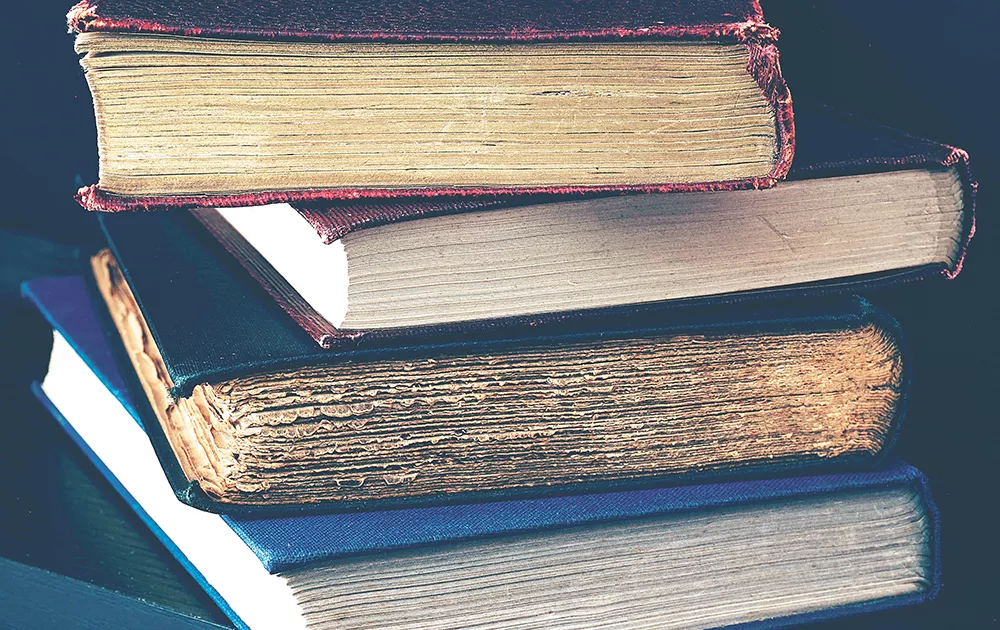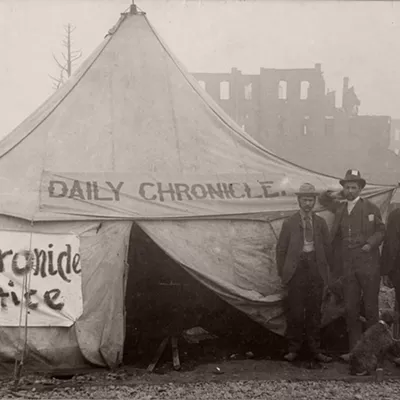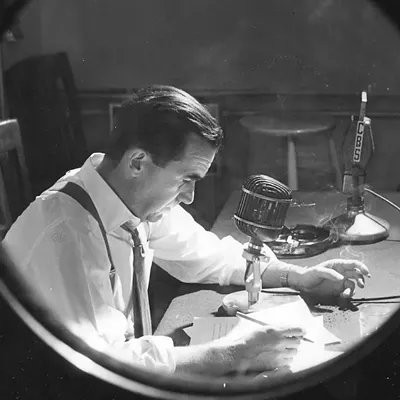Civic learning should be on the upswing in America after years of waning in the public sphere. The COVID-19 pandemic's "safer at home" orders coast to coast have led to more Americans taking time to read and learn about the country they call home. How many people have used this time at home to get back to basics and spend more time reading?
The better for all our citizenship — knowing about America and our history makes us all better Americans. U.S. history is a story of tragedy and triumph, sacrifice and courage, politics and public service, war and peace, economic success and economic woe — and all things in between. It's a story that instructs policymakers in the mistakes of history — how not to conduct public policy — as well as lessons to be learned. U.S. history has plenty for everyone, if only we take time to learn and remember it.
With so many changes for our students this year, it is a unique time for students to study civics and better prepare for the future that awaits them — and learn how best to advocate and engage. Only by studying from and appreciating the past can young people prepare adequately for the future.
Newsweek and other publications periodically test Americans by giving them the U.S. Immigration Test. Americans routinely fail this civics exam, not realizing why we celebrate the Fourth of July or how many years a U.S. senator serves in federal office. Americans of all ages are routinely undereducated about civic learning. Or they have forgotten what they had been taught in school back when civics was even offered. Perhaps that's why many states are requiring that high school students must pass the U.S. Immigration Test to graduate, and other states are including civic learning as part of their student curriculum.
Patriotism is an important part of civic learning. As American discussion of politics has become coarser recently, we see that many fellow Americans are less tolerant of those who hold opposing political views, instead of just "agreeing to disagree" or seeking to persuade a political opponent while still remaining friends. Civility is defined as politeness in speech or behavior. Patriotism may be defined as devotion to and vigorous support for one's country. It's important to remember during these unprecedented times that we can together love our country without disparaging one another and being impolite in the process.
To that point, civic learning can enhance civility and patriotism as more Americans better recall and appreciate America's history, reflect on trying times in our nation's history and hopefully take this time to remember to treat each other with courtesy and politeness, regardless of political differences. It was Ghandi who once highlighted, "There go my people. I am their leader and I must follow them." If schools — and we as citizens of this country — can be knowledgeable about our history and what makes us great, and we can in turn lead our country back to strong patriotism and civil discourse, others will follow.
Even as we navigate these dark times in the United States and globally, all Americans should take time to recall America's history and appreciate the tough times previous generations have endured, as well as the successes we have celebrated. Policymakers at home should take time to refresh their knowledge of history and learn what we have done right as a nation to help better prepare for the future. Civilians of all ages should take this time to learn of — and respect — America's military sacrifices and be thankful for the freedoms we enjoy each and every day.
The pandemic need not paralyze us. This can be a time that inspires us to greatness — a time to learn about civics and remember what it means to be an American. ♦




















